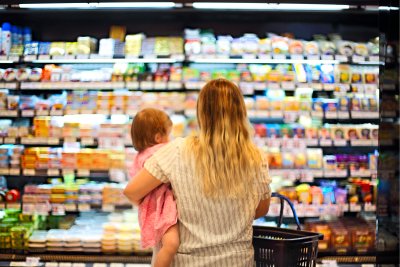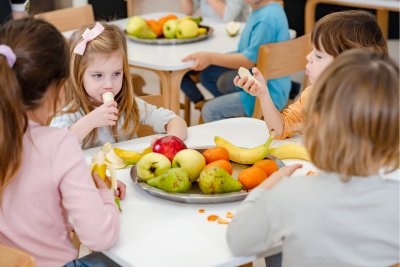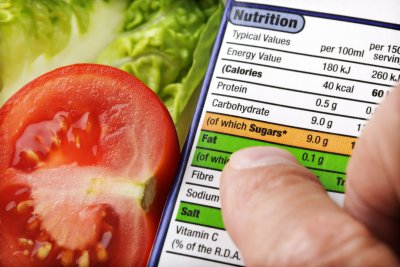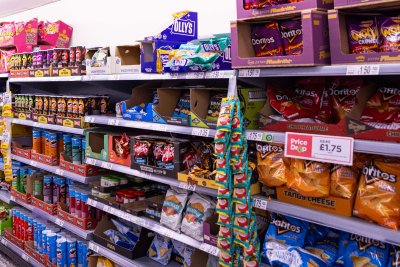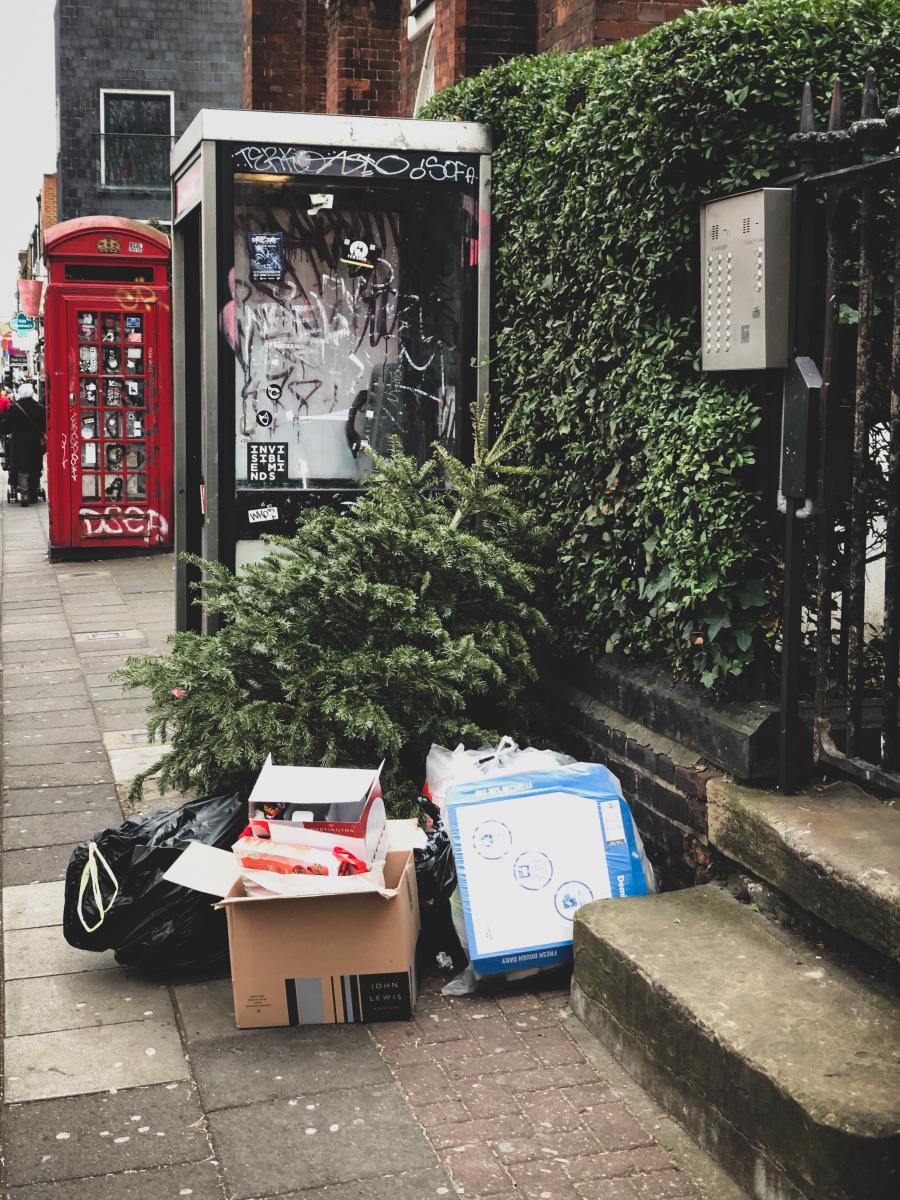 London street. Photo credit: Pexels
London street. Photo credit: Pexels

One in five Londoners have low level food security
The first Survey of Londoners reveals high levels of food insecurity amongst both adults and children living in the capital.
Almost two million Londoners – of which an estimated 400,000 are children under 16 - struggle to afford or access enough food. The statistics are the result of a survey which asked thousands of Londoners about their ability to afford or access food in order to gauge their level of ‘food security’. From the results it is predicted that 1.5 million adults in London have low or very low food security.
Reports of inadequate access to food were highest amongst children in East London (32 per cent) and lowest in South West London (nine per cent) and of the adult Londoners struggling, 40 per cent were either black or Asian. The survey also indicates that more than a quarter of parents in the capital have struggled to find sufficient food in the past year.
The key findings were:
- Adult food insecurity: Around 1.5 million adults – equating to one in five Londoners (21%) – have low or very low levels of food security.
- Children’s food insecurity: Around one in six (17 per cent) parents in London have children living in low or very low food security. This equates to around 400,000 children.
- Looking at the composition of all those experiencing low or very low food security, the majority are in work (60% working either full-time or part-time).
- The groups most likely to experience low or very low food security are single parents (46%), Londoners in the lowest income quintile (44%), unemployed Londoners (40%), Black Londoners (39%) and disabled Londoners (34%).
The findings show the poorest Londoners on the lowest incomes were also the most likely to have low food security, with 62 percent of people with inadequate access to food owing money on a loan or credit agreement. There are also some groups of people who are particularly vulnerable to not having money to buy enough food, which includes single parents, unemployed people and disabled Londoners.
The Mayor of London, Sadiq Khan said:
“Economic inequality is one of the defining issues of our times and our society cannot continue like this. It is simply unacceptable that in a city as wealthy as London, there are still millions of people regularly going without the food they need.
“This report has shed light on the reality of life for the poorest Londoners, who not only struggle to feed themselves due to their precarious financial circumstances but are often unable to feed their children.
“It’s time for us to take a fundamental look at who we are as a country, and to say that enough is enough. This level of poverty and inequality is not inevitable. The new Prime Minister must make tackling inequality their defining mission in office – and start by reversing the damage caused by nine years of austerity policies.”
The Survey of Londoners is a self-completion survey of over 6,000 adults aged 16 and over living in London and ran from October 2018 to March 2019. You can download the full headline report of the survey’s findings on social integration, equality, diversity and inclusion, economic fairness and food security. This is accompanied by detailed tables documenting the key results of the survey by a range of demographic and other characteristics.
Food Poverty: Championing people-powered projects that tackle the root causes of food poverty.
Sustain
The Green House
244-254 Cambridge Heath Road
London E2 9DA
020 3559 6777
sustain@sustainweb.org
Sustain advocates food and agriculture policies and practices that enhance the health and welfare of people and animals, improve the working and living environment, promote equity and enrich society and culture.
© Sustain 2026
Registered charity (no. 1018643)
Data privacy & cookies
Icons by Icons8
